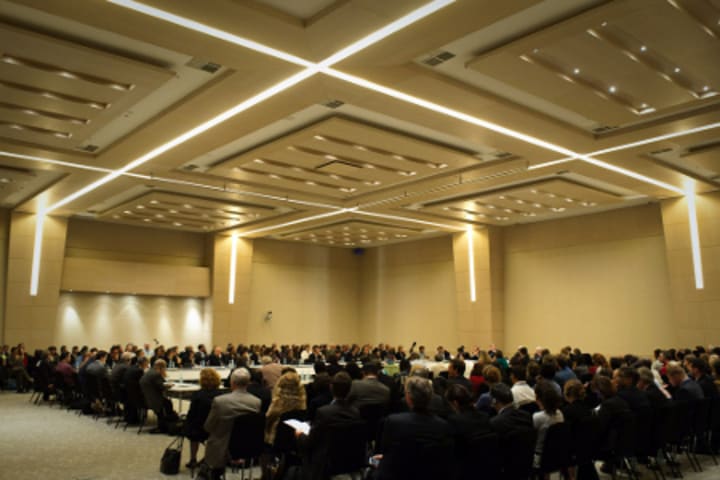
How civil society organizations can increase their transparency and accountability is an issue worthwhile of discussion, David Shaman wrote in a blog post published in Aidinfo. Here is an excerpt.
Actors within IFIs have questioned CSO legitimacy suggesting they are self-appointed and unelected ”do-gooders” that are not necessarily representative of the populations they serve as are the duly elected governments whose officials populate the governing bodies of the bank, fund and other MDBs. In 2001, we might recall that former World Bank Chief Economist Larry Summers said, “I am deeply troubled by the distance that the Bank has gone in democratic countries toward engagement with groups other than governments in designing projects … I have to record very considerable doubt about the wisdom of setting up anyone other than democratically-elected governments as the counterpart for the establishment of Country Assistance Strategies. When there is an attempt to reach within society to develop Country Assistance Strategies, there is a real possibility, it seems to me, of significantly weakening democratically-elected governments.”
Some have also questioned whether CSOs have the same expertise as IFI economists, development practitioners and technical specialists. This second argument, however, seems weaker and based on a sense of elitism. We may assume that CSO actors, while often at a disadvantage regarding resources, are knowledgeable and dedicated, and, many times, we can see them leading change and innovation on the ground.
Nevertheless, the question of CSO accountability remains relevant. CSOs should think carefully about how they may demonstrate their accountability, not just with their donors and foundations, but with stakeholders in the field and IFI’s at the bargaining table. The more metrics CSOs can provide that demonstrate this, the more powerful is the case they can make to prove their legitimacy in demanding that IFIs must demonstrate and improve their own accountability.
In my recent book, “The World Bank Unveiled: Inside the Revolutionary Struggle for Transparency,” I suggested one possible approach that would boost accountability for CSOs and IFIs simultaneously. My proposal was to create a seat on the World Bank’s board of executive directors for a civil society representative. Providing CSOs a seat at the table would provide oversight and input on bank decisions and thereby increase by some measure the institution’s accountability. It would concurrently increase CSO accountability because this actor would now have a role in the decision-making process. There are precedents: Civil society actors now play formal roles on the FAO’s Committee on World Food Security and some multidonor trust funds managed by the bank. Such a development should not be viewed as a panacea for what ails the relationship between the bank (and other IFIs) and their CSO counterparts. Moreover, such an eventuality would entail a process by which complex legal and political questions would need to be examined, debated and sorted out. Nevertheless, such a discussion would be worth having because it goes to the heart of what this issue of accountability truly means.
Re-published with permission. Read the original blog post.








